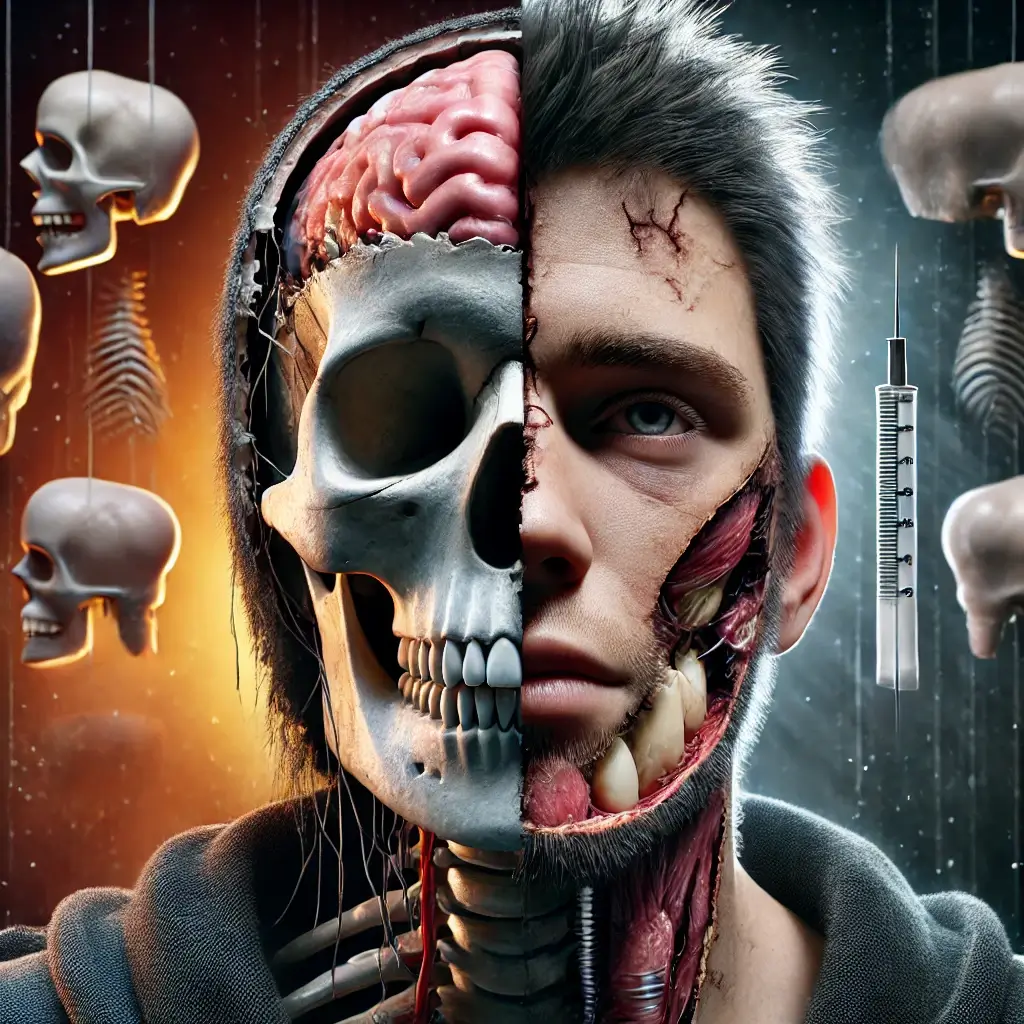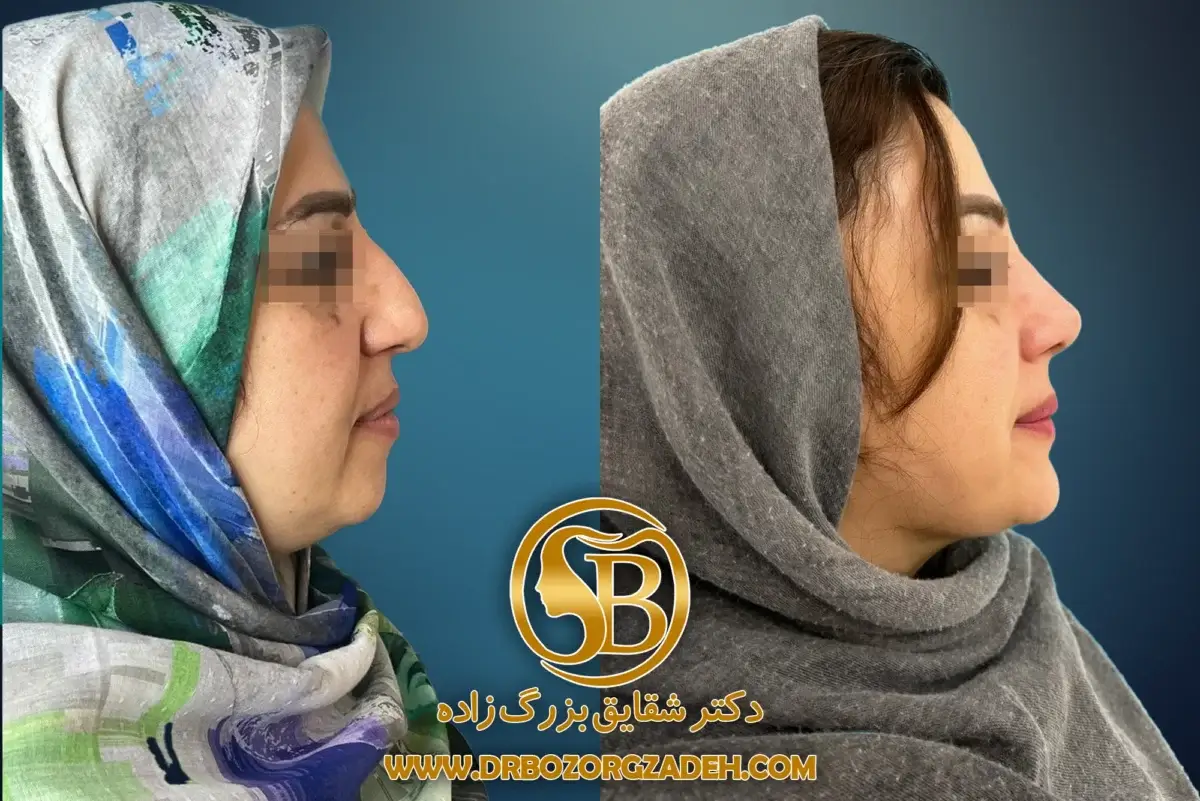Written by Dr. Shaghayegh Bozorgzadeh , a maxillofacial surgeon Canada
Maxillofacial surgery is one of the most sensitive areas of medicine that requires close cooperation between doctor and patient to achieve the best possible result. But when the patient is addicted to drugs, alcohol or certain medications , new complications are added to this process. These conditions can create risks for the patient and even jeopardize the success of the surgery. In this article, we will examine the challenges related to addiction in maxillofacial surgery and the importance of patient transparency in providing information.
What is addiction and how does it affect the patient’s health?
Addiction is a physical or psychological dependence on certain substances, which can include drugs, alcohol, or prescription drugs. This dependence can affect the patient’s immune system, cardiovascular system, and central nervous system and negatively affect the surgical process and recovery.
Physiological effects of addiction on the body
- Immune System Weakness: Addiction weakens the immune system and increases the risk of infection after surgery.
- Coagulation problems: Drug and alcohol use can increase blood clotting time and increase the risk of bleeding.
- Delay in wound healing: Drugs may disrupt the tissue regeneration process.
The importance of patient transparency about addiction
Why is accurate information critical?
Your doctor must be aware of all aspects of your physical and mental health in order to accurately and safely plan the surgery. Failure to declare addiction or use of certain drugs can lead to dangerous side effects:
- Drug interactions: General anesthesia may interact with drugs or alcohol in the body and cause unpredictable reactions.
- Increased risk of death: drug use can cause complications such as cardiac arrest or breathing problems during surgery.
- Reducing the effectiveness of drugs: the body of patients with addiction may show more resistance to painkillers or anesthesia.
What is more information about maxillofacial surgery?
Patient privacy in maxillofacial surgery
Medical information confidentiality law is one of the basic principles in medicine. Patients who are concerned about disclosing their addiction information should know that doctors and treatment staff are obligated to keep this information.
Why is privacy important?
- Build trust: The patient must feel safe to provide full information to the doctor.
- Preserving human dignity: No patient should feel shamed or judged.
- Ensuring better results: accurate information helps the doctor to provide a more appropriate treatment plan.
Maxillofacial surgery procedures for patients with addiction
1. Initial assessment and consultation
Using blood tests and evaluating the patient’s general condition, the doctor determines the amount of risks associated with the surgery.
2. Planning surgery
- Use of alternative anesthetics to reduce risks.
- Prescribing booster drugs to increase immunity before surgery.
3. Performing surgery with high precision
During surgery, the medical team continuously monitors the patient’s condition to prevent complications.
4. Post-surgery care
- Use of non-narcotic drugs for pain management.
- Regular follow-up to prevent complications such as infection or delayed healing.
Read more about jaw and face surgery procedures in Canada
Consequences of not declaring addiction
Patients who do not disclose information about their addiction may face the following problems:
- Excessive bleeding during surgery.
- Allergic or toxic reactions to drugs.
- Serious infections that are difficult to treat.
- Increasing the probability of treatment failure.
Internal links
- What is maxillofacial surgery?
- Jaw and face surgery procedures in Canada
- Book an appointment or call us
External links
- Learn more about the impact of addiction on surgery at the American Association of Oral and Maxillofacial Surgeons
- Modern techniques of anesthesia management in special patients in International Society of Anaesthesiology
conclusion
Addiction should not be an obstacle for treatment and surgery of the jaw and face. By providing accurate and clear information to the doctor, the risks associated with the surgery are reduced and the probability of its success is increased. If you or one of your loved ones is suffering from this problem, contact Dr. Shaghayegh Bozorgzadeh and benefit from a professional and confidential consultation.







